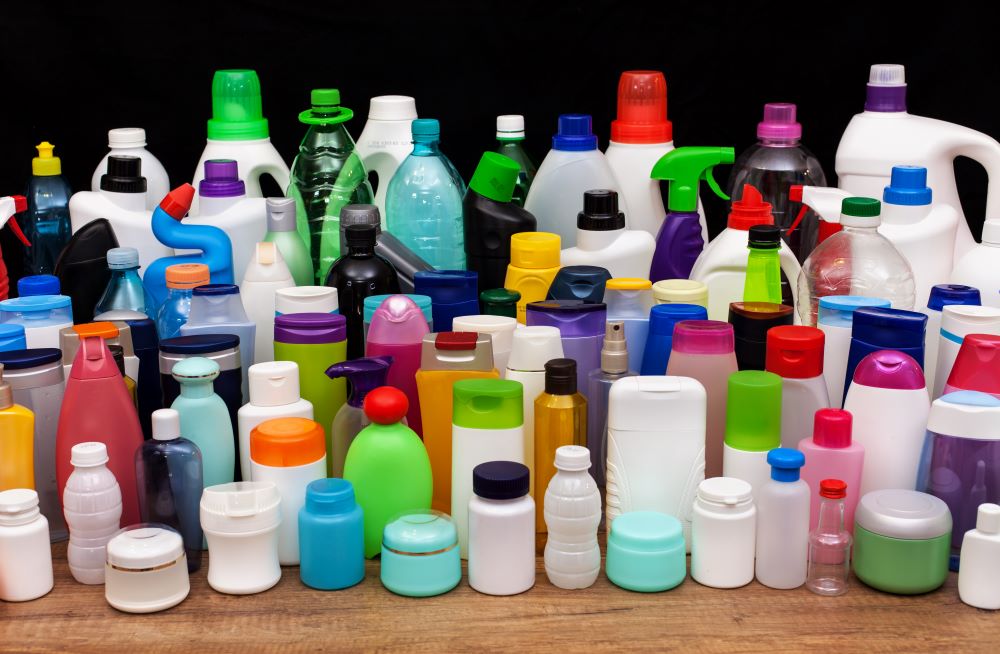
UK food manufacturers have said that the new Plastics Packaging Tax (PPT) could lead to higher prices for consumers, ahead of its introduction in just 10 days’ time.
Announced in 2018, the new rules are due to come into effect on 1 April 2022.
Any business that manufactures or imports 10 tonnes or more per year of plastic packaging containing less than 30% recycled plastic will be taxed at £200 a tonne.
Complex
IOE&IT Academy trade and customs specialist Suzanne Alecrim told the IOE&IT Daily Update that PPT aims to encourage businesses to increase their use of recycled plastic and to change production processes to reduce the amount of single-use plastic in circulation in the UK.
Ultimately, it could reduce the amount of plastic being sent to landfills, she added.
Exemptions
Packaging containing at least 30% recycled plastic is exempt from the tax, as an incentive for firms to use more recycled material.
Transport packaging or packaging that forms an integral part of a product, such as tea bags, are also exempt.
Food takes the hit
However, businesses have told the FT that the tax is hard to understand and comply with.
Food manufacturers in particular have complained that there are no exemptions for materials that come into contact with food, and which therefore cannot be recycled, meaning firms have to pay the tax.
Helene Roberts, head of the British Plastics Federation’s plastics and flexible packaging group, said food-grade items that cannot use recycled plastic — such as soup pots — should have been exempted until technology has advanced.
Wider impact
Accountancy firm RSM said other businesses beyond the food and drink industry could be affected, including:
- Transport providers importing plastic packaging such as bubble wrap
- Retailers importing items such as bin liners, drink bottles and carrier bags
- Publishers importing plastic for laminating books
Andrew Thurston, customs duty consultant at accountancy group MHA, warned that importers would also find it “difficult and costly” to get evidence from overseas suppliers of the recycled content of packaging.
Encourages recycling
The government said exemptions to the tax have been kept to a minimum to encourage greater use of recycled plastic.
“Food packaging makes up around 40% of packaging in the UK so excluding it from the tax would severely blunt its impact,” it added.
Alecrim said that the tax is just “the beginning of the UK taking action to make a difference to the environment”, noting that the UN Environment Assembly recent agreed a legally binding global resolution to make plastic packaging reusable and easier to recycle.
Register for PPT
Businesses who exceed the 10 tonnes mark need to register for PPT with the HMRC from 1 April 2022, according to Lets Recycle.
Liable businesses need to register within 30 days of exceeding the 10-tonne threshold and keep accounts and records of plastic packaging, submitting a return to HMRC every quarter.
They must pay any tax due no later than the last working day of the month following the end of the quarterly accounting period.
Components
If packaging is made up of several components, such as bottles, caps and labels or trays, boxes and plastic windows, you must account for PPT on each component, reports Small Business.
A component is taxable if it is made of more plastic by weight than any other material in the packaging, advises lawyers Osborn Clark.
EPR next
From 2023, plastic users and importers could also be affected by extended producer responsibility (EPR), which will aim to cover the costs of end-of-life treatment and incentivise producers to use recyclable material and reduce unnecessary packaging.
According to the British Plastics Federation, this will cover full net costs of end-of-life and associated litter costs, as well as communication programmes and promotion and education campaigns.
Stay up-to-date
Alecrim advised traders that further policies and regulations regarding plastics and packaging are likely to be introduce in the future, so it is imperative that firms “keep up-to-date with the latest requirements”.
“We will be running our ‘Plastic Packaging Tax – what you need to know’ webinar on 14 April 2022 for traders to get an understanding of what plastic packaging is covered, what are the exceptions and how to adopt the tax requirements into their business,” she added.



